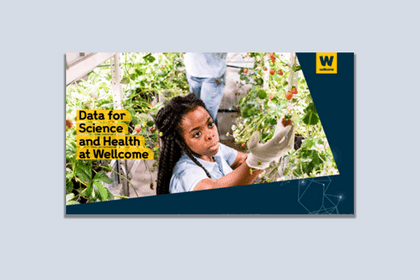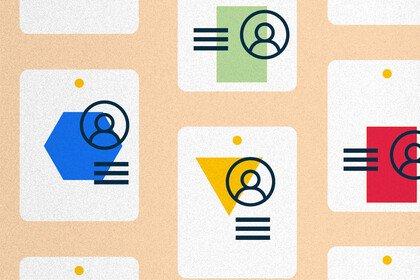
Apply for funding
Many of our funding calls welcome applicants from data scientists – even if they’re not specifically focused on data or technology.
Using trustworthy data and digital technologies to transform how science makes discoveries and solves the urgent health challenges facing everyone.
The Data for Science and Health team shapes and funds data science initiatives to advance Wellcome’s mission. Our work ranges from supporting open-source infrastructure for pandemic response, to funding tools to model climate-sensitive infectious diseases, to launching a data prize to create new tools for mental health research.
Data and software are at the heart of modern science and health. We make sure these tools are designed, built and governed in trustworthy ways. From ensuring technologies are effectively addressing problems they’re made to solve, to consciously developing technologies for – and with – diverse populations.

Many of our funding calls welcome applicants from data scientists – even if they’re not specifically focused on data or technology.

Wellcome regularly publishes opportunities for organisations to work with us to support our mission. These opportunities often have a data or technology aspect.

Download a short PDF that introduces our work.

Interim Head of Solutions, Data for Science and Health
Wellcome
Matthew is Interim Head of Solutions in the Data for Science and Health team at Wellcome and has a background in neuroscience research. His work focuses on shaping Wellcome’s portfolio of innovative digital tools and technologies that can advance research into health and life sciences.

Senior Programme Manager

Project Officer

Project Officer

Project Officer

Project Officer

Project Officer

Technology Lead

Technology Lead

Technology Manager

Technology Lead

Technology Manager

Open Research Lead

Open Research Specialist

Project Officer


